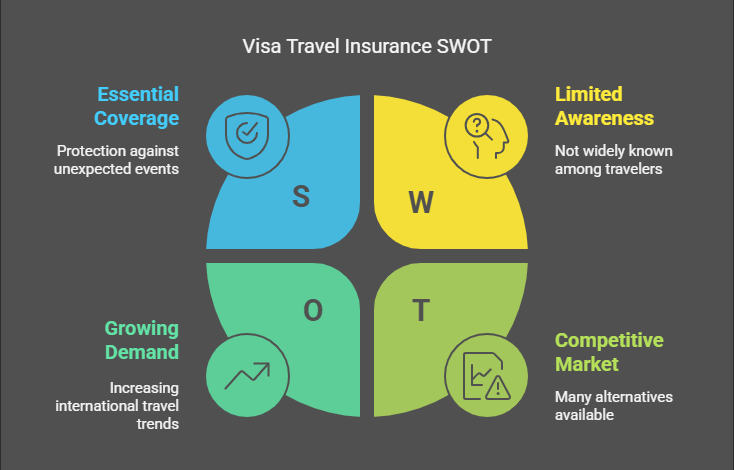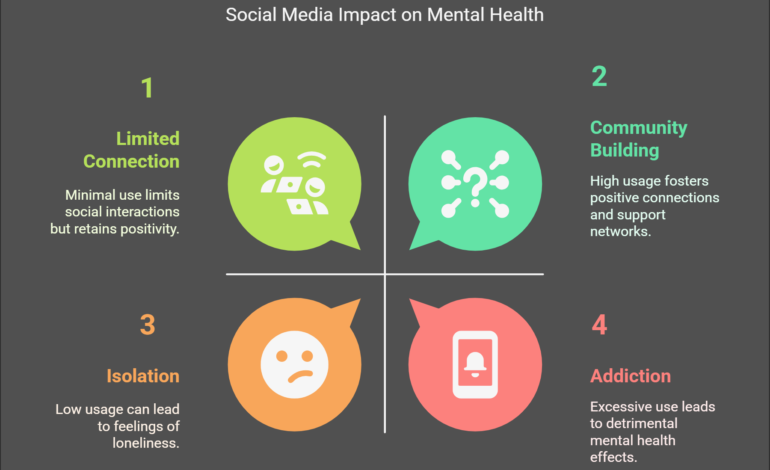visa travel insurance

Visa Travel Insurance: Why You Need It and How It Protects Your Journey
When you think of travel, what comes to mind? Is it the excitement of exploring new places, tasting new foods, or experiencing different cultures? For most travelers, these are the main highlights of their trips. However, amidst all the excitement, there’s one thing that many people overlook: Visa Travel Insurance.
In this blog, we’ll break down what visa travel insurance is, why it’s important, and how it can protect you during your travels. Whether you’re traveling for business, vacation, or study, understanding visa travel insurance is key to ensuring a smooth and worry-free trip.
What is Visa Travel Insurance?
It’s a type of insurance specifically designed to meet the travel and medical requirements for obtaining a visa to enter certain countries. Many countries, especially those in the Schengen Area (Europe), the United States, and other popular destinations, require travelers to have travel insurance before they can apply for a visa. This insurance ensures that travelers are financially protected in case of medical emergencies, accidents, trip cancellations, or other unforeseen events during their trip.
In simple terms, visa travel insurance acts as a security measure to help you stay safe and covered while abroad. It’s a requirement for getting your visa approved in many countries, and it offers coverage for unexpected events that can ruin your travel plans.
Why Do You Need Visa Travel Insurance?
Traveling to another country without travel insurance is like driving a car without a seatbelt—it might be okay for a while, but if something goes wrong, you could be in trouble. Here are some reasons why this is necessary:
- Medical Protection
One of the most important reasons you need travel insurance is for medical coverage. Healthcare in foreign countries can be expensive, especially if you fall ill or suffer an injury while traveling. It’s helps cover the costs of medical emergencies, doctor visits, hospital stays, and even medical evacuations if needed. - Trip Cancellations and Interruptions
Sometimes, you might have to cancel or cut short your trip due to unforeseen circumstances, such as illness, personal emergencies, or unexpected events like natural disasters. Visa travel insurance helps reimburse you for the non-refundable costs associated with trip cancellations, including flight tickets, accommodation, and tours. - Loss or Theft of Luggage
Losing your luggage while traveling can be a nightmare. With visa insurance, you’ll be covered if your luggage is lost, delayed, or damaged. The insurance can help you replace essential items like clothing and toiletries or compensate you for your losses. - Travel Delays
Flight delays, weather disruptions, or other unexpected circumstances can cause you to miss connecting flights, important appointments, or even your planned activities. Visa travel insurance often covers travel delays, offering compensation for extra expenses like food, accommodation, or new travel arrangements. - Emergency Evacuations
In some situations, like political unrest, natural disasters, or severe health issues, you might need to be evacuated. Emergency evacuation coverage ensures that you can get the help you need and return home safely without paying high out-of-pocket costs. - Visa Requirement
Many countries require proof of travel insurance before issuing a visa. This is especially common in countries that prioritize health and safety for visitors. Having visa insurance ensures that you meet these requirements and can successfully obtain your visa.
How Does Visa Travel Insurance Work?
Understanding how It’s works is essential to making sure you get the most out of your policy. Here’s a simple step-by-step guide:
1.Check Visa Insurance Requirements
Before purchasing visa insurance, you need to check the specific requirements of the country you are visiting. Some countries may require specific types of coverage or a minimum coverage amount. For example, the Schengen visa for Europe requires travelers to have insurance that covers medical expenses up to at least 30,000 euros.
2.Choose the Right Coverage
Once you understand the requirements, you can select a travel insurance plan that fits your needs. Visa travel insurance typically offers coverage for medical emergencies, trip cancellations, lost baggage, and other travel-related risks. Depending on your destination, you may want to customize your coverage.
3.Purchase the Insurance
After selecting the right coverage, you can purchase visa travel insurance through an insurance provider or a travel agency. Once purchased, you will receive a policy document with details about your coverage.
4.Apply for Your Visa
After obtaining the travel insurance, you can apply for your visa. Many countries require proof of insurance before they approve your visa application. Your travel insurance policy will be one of the documents you need to submit with your visa application.
5.File a Claim if Necessary
If something goes wrong during your trip, such as a medical emergency or a trip delay, you can file a claim with your travel insurance provider. Be sure to keep all receipts, medical reports, and other necessary documents to support your claim.
6.Get Reimbursement
If your claim is approved, your travel insurance provider will reimburse you for the eligible expenses based on the terms of your policy.
What Does Visa Travel Insurance Cover?
Visa travel insurance typically covers a variety of scenarios. Here’s a list of common coverage types:
- Medical Emergency Coverage
This covers expenses related to medical treatment if you get sick or injured while traveling. It can include hospital stays, doctor visits, emergency surgery, and even medical evacuation if necessary. - Trip Cancellation and Interruption
If you need to cancel or shorten your trip due to illness, a family emergency, or another valid reason, trip cancellation insurance will reimburse you for the costs of non-refundable travel expenses like flights and hotel bookings. - Lost or Stolen Luggage
If your luggage is lost, delayed, or stolen, travel insurance can help you replace your essential items or compensate you for the value of your belongings. - Travel Delay
If your travel is delayed due to circumstances beyond your control (e.g., weather, strikes, technical problems), travel delay insurance will reimburse you for costs incurred, such as meals, accommodation, and transportation. - Emergency Evacuation
This coverage ensures that you can be evacuated in case of an emergency, such as a natural disaster, political unrest, or a medical emergency, without having to bear the cost of evacuation yourself.
What’s Not Covered by Visa Travel Insurance?
While travel insurance provides excellent protection, there are some things it doesn’t cover. Here are a few examples:
1.Pre-existing Medical Conditions
If you have a pre-existing medical condition, it may not be covered by your insurance policy. Some providers offer optional coverage for pre-existing conditions, but it’s important to check the terms carefully.
2.Non-Emergency Medical Care
Routine medical visits, such as check-ups or dental cleanings, are usually not covered by travel insurance unless it’s related to an emergency.
3.High-Risk Activities
Some high-risk activities, such as extreme sports, might not be covered by basic visa travel insurance. If you plan to participate in these activities, you may need to purchase additional coverage.
4.Travel Delays Due to Personal Choices
If you miss your flight because you arrived late at the airport or for any reason under your control, your insurance may not cover the costs associated with the delay.
How to choose visa travel insurance:
Selecting the right insurance is crucial for ensuring you’re properly covered during your trip. Here are a few tips to help you make the best decision:
Understand the Visa Requirements
Different countries have different insurance requirements for visa applications. Be sure to check the specific requirements for the country you are visiting.
Assess Your Travel Needs
Think about your trip and what kind of coverage you need. For example, if you’re traveling to a country with expensive healthcare, you might want to prioritize medical coverage.
Compare Insurance Providers
Shop around and compare different insurance providers to find the best coverage at the most competitive price.
Read the Fine Print
Be sure to carefully read the terms and conditions of your policy. Understand the exclusions, limits, and claims process before making your purchase.
Conclusion
It’s an essential part of preparing for your international journey. It ensures that you are protected against unexpected medical expenses, cancellations, lost luggage, and other travel-related issues. Plus, it’s often a requirement for obtaining a visa to many countries. By understanding what visa travel insurance is, why you need it, and how to choose the right policy, you can travel with confidence, knowing that you are covered in case of an emergency.
Whether you’re going on a business trip, a family vacation, or a solo adventure, visa travel insurance is a smart investment that can make all the difference when the unexpected happens. So, before you pack your bags and apply for your visa, don’t forget to secure the right travel insurance to keep your trip safe and stress-free. For more insights on popular travel destinations in 2025, check out this guide.








1 Comment
[…] forget to secure your trip with visa and travel insurance to ensure a smooth and hassle-free […]